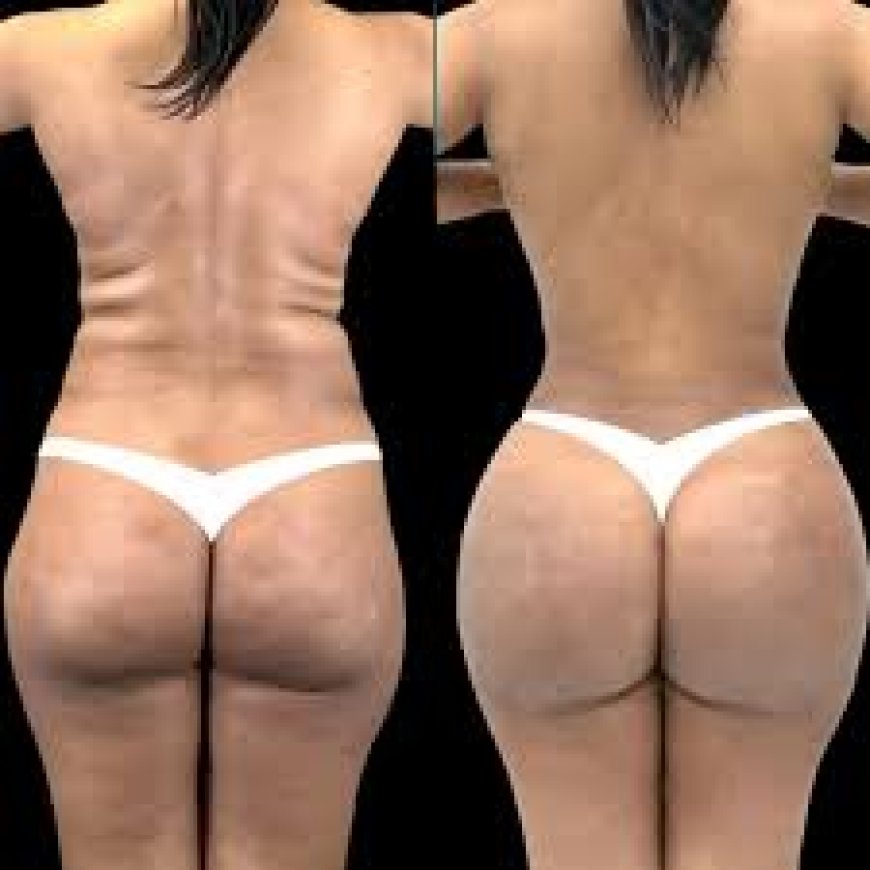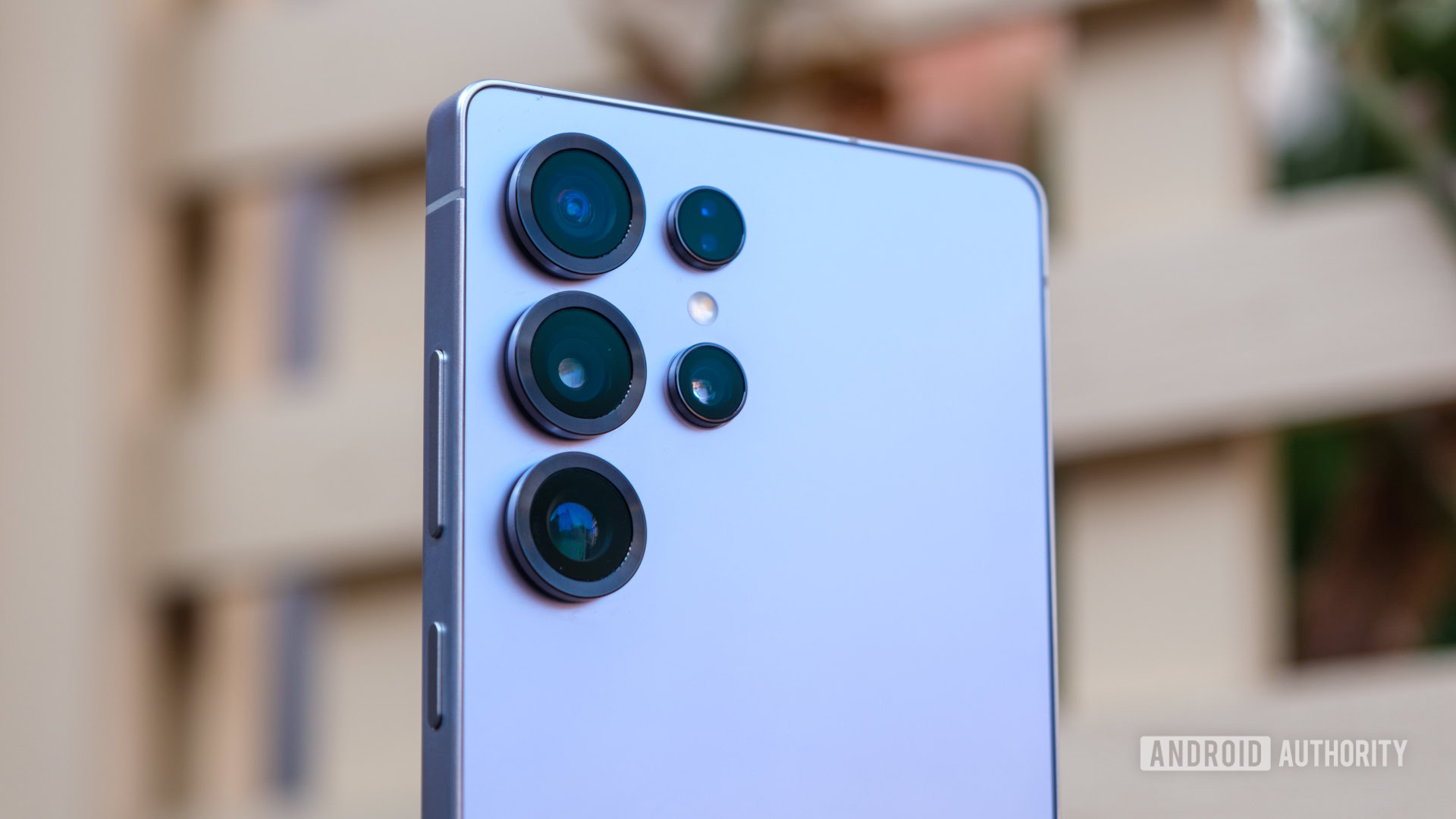How to Prepare for Fat Transfer Surgery in Dubai
Learn how to prepare for fat transfer surgery in Dubai, including costs, expected results, and key FAQs. Discover essential preoperative tips to ensure a smooth recovery and achieve the best outcomes.

Fat Grafting in Dubai, also known as fat grafting or fat injection, is a popular cosmetic procedure in Dubai. This technique involves removing fat from one area of the body, purifying it, and then injecting it into another area to enhance volume and contour. Common areas for fat transfer in Dubai include the face, breasts, buttocks, and hands. If you're considering this procedure, it's crucial to prepare adequately to ensure optimal results and a smooth recovery. In this post, we'll cover preparation tips, costs, expected results, and answer some frequently asked questions.
Preparing for Fat Transfer Surgery in Dubai
1. Consultation and Medical Evaluation
The first step in preparing for fat transfer surgery is scheduling a consultation with a qualified plastic surgeon in Dubai. During this consultation, your surgeon will:
-
Assess your medical history and overall health.
-
Discuss your aesthetic goals and expectations.
-
Identify suitable donor and recipient areas for fat transfer.
-
Explain the procedure, risks, and recovery process.
2. Preoperative Instructions
Your surgeon will provide specific preoperative instructions, which may include:
-
Avoiding certain medications: Refrain from taking blood-thinning medications, such as aspirin and ibuprofen, as well as herbal supplements, for at least two weeks before surgery.
-
Quitting smoking: Smoking can impair healing and increase the risk of complications. It's recommended to stop smoking at least four weeks before and after surgery.
-
Arranging transportation: Ensure you have someone to drive you home after the procedure, as you may be groggy from anesthesia.
3. Healthy Lifestyle Choices
Maintaining a healthy lifestyle before surgery can improve your recovery and results:
-
Eat a balanced diet: Focus on nutrient-rich foods to support your immune system and healing.
-
Stay hydrated: Drink plenty of water in the days leading up to your surgery.
-
Exercise regularly: Keeping active can enhance your overall health and may help you achieve better outcomes.
4. Plan for Recovery
Arrange for time off work and daily responsibilities to allow yourself adequate rest and recovery time. Prepare a comfortable recovery area at home with essentials like pillows, blankets, and entertainment to keep you comfortable during the initial recovery phase.
Cost of Fat Transfer Surgery in Dubai
The fat transfer cost in Dubai varies depending on several factors, including the surgeon's experience, the complexity of the procedure, and the areas being treated. On average, the cost ranges from AED 4,999 to AED 40,000. This price typically includes the surgeon's fee, anesthesia, facility fees, and follow-up appointments. It's essential to discuss the total cost with your surgeon during the consultation to understand what's included and if there are any additional expenses.
Before and After Results
Before Surgery
Before the procedure, you'll undergo a detailed medical evaluation and consultation with your surgeon. This stage is crucial for setting realistic expectations and developing a personalized treatment plan. Photos may be taken for reference to compare before and after results.
After Surgery
Post-surgery, you may experience swelling, bruising, and discomfort in both the donor and recipient areas. These symptoms are normal and should subside within a few weeks. The initial results may be visible immediately, but the final outcome will become more apparent as the swelling decreases and the transferred fat settles. The longevity of the results varies, but many patients enjoy long-lasting improvements. Viewing fat transfer surgery before and after Images.
FAQs About Fat Transfer in Dubai
1. How long does fat transfer surgery take?
The duration of the procedure depends on the extent of the fat transfer and the number of areas being treated. Typically, it takes between 2 to 4 hours.
2. Is fat transfer surgery safe?
Fat transfer surgery is generally safe when performed by an experienced and qualified plastic surgeon. However, as with any surgical procedure, there are risks involved, including infection, asymmetry, and fat absorption.
3. How long is the recovery period?
The initial recovery period lasts about 1 to 2 weeks, during which you should avoid strenuous activities. Most patients can resume normal activities after this period, but complete recovery may take several months.
4. Are the results permanent?
While the results of fat transfer are long-lasting, not all the transferred fat cells will survive. On average, about 60-80% of the transferred fat remains permanently. Maintaining a stable weight can help preserve the results.
5. Can fat transfer be combined with other procedures?
Yes, fat transfer can be combined with other cosmetic procedures such as liposuction, facelifts, or breast augmentation for more comprehensive results. Discuss your goals with your surgeon to determine the best approach.
Conclusion
Perfect Doctors Clinic offers a natural way to enhance your appearance by using your body's own fat. By preparing adequately, understanding the costs, and knowing what to expect before and after the procedure, you can achieve satisfying and long-lasting results. Always choose a board-certified and experienced surgeon to ensure the best possible outcome. If you have any more questions or are ready to take the next step, schedule a consultation with a trusted plastic surgeon in Dubai today.
What's Your Reaction?
 Like
0
Like
0
 Dislike
0
Dislike
0
 Love
0
Love
0
 Funny
0
Funny
0
 Angry
0
Angry
0
 Sad
0
Sad
0
 Wow
0
Wow
0

















































